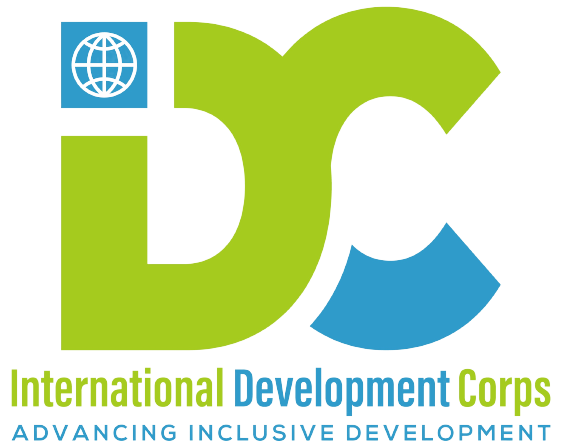Hygiene
FACTS & FIGURES
- Approach to WASH
- Water Security
- Drilling of new wells
- Water source rehabilitation
- Sanitation
Hygiene is one of the key factors that contribute to the health and well-being of communities around the world. It plays a crucial role in preventing the spread of diseases and promoting a healthy living environment. IDC’s commitment to promoting inclusive development and social justice through addressing global challenges related to water and sanitation is evident in our commitment to promoting safe and hygienic practices.
IDC adopted best practices in handwashing, using appropriate local technologies such as tippy taps to promote hygiene practices in communities. We have implemented SBCC strategies to promote behavior change and eliminate open defecation, while also engaging communities in the process of promoting hygiene practices.
Community engagement is a key aspect of IDC’s approach to promoting hygiene. We work closely with communities to identify their needs and preferences, and to develop hygiene practices that are culturally appropriate and sustainable. This approach has led to the successful implementation of a range of hygiene practices in communities, including handwashing at critical moments such as after using the toilet and before eating.
IDC’s commitment to promoting good hygiene behaviors has also led to the establishment of ODF communities, where open defecation has been eliminated and communities have access to safe and clean sanitation facilities. This has brought about remarkable transformations in communities, improving health outcomes and ultimately reducing gender-based violence.
Our commitment to promoting hygiene is an essential component of our vision and mission. Through the adoption of best practices in hygiene and community engagement, we have successfully promoted behavior change and eliminated open defecation in communities.







